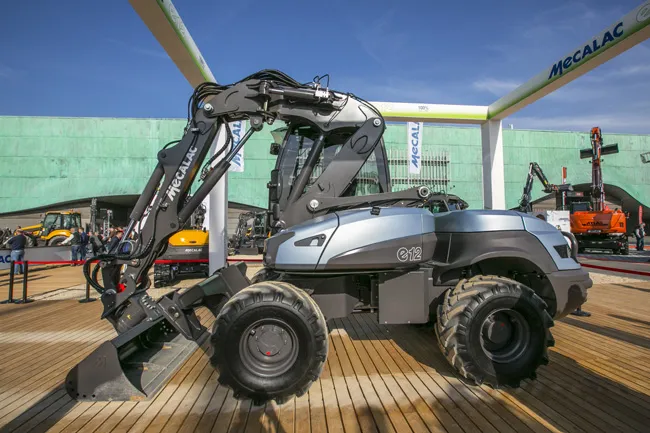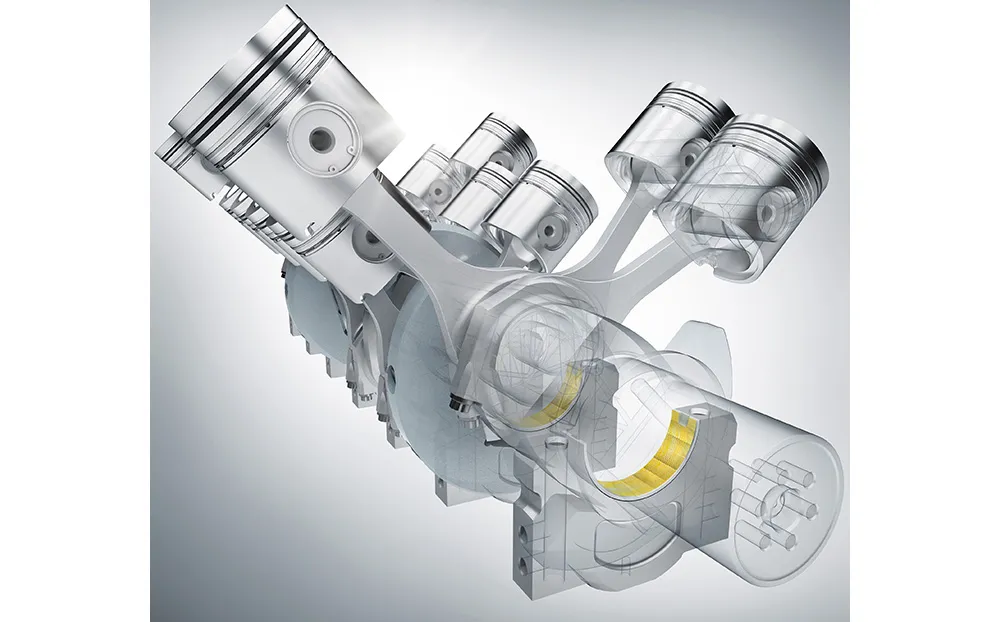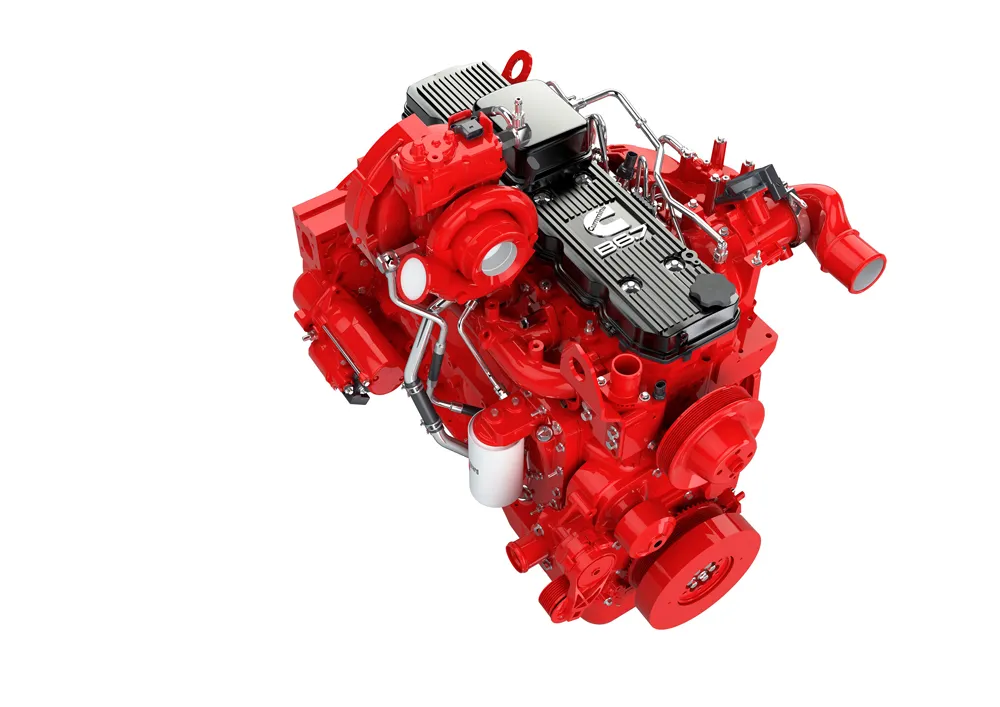Nissan Motor Company has released its next generation fuel cell stack (2011 Model) for fuel cell electric vehicles (FCEV). The latest technology development is part of the company's continuing efforts towards the realisation of a zero emission society. Through improvements to the MEA (membrane electrode assembly) and the separator flow path, which make up the structure of fuel cells, Nissan says it has significantly improved the power density of its fuel cell stack to 2.5 times greater than its 2005 model a
April 26, 2012
Read time: 2 mins
Through improvements to the MEA (membrane electrode assembly) and the separator flow path, which make up the structure of fuel cells, Nissan says it has significantly improved the power density of its fuel cell stack to 2.5 times greater than its 2005 model and realised a world's best among auto manufacturers of 2.5 kW per litre.
Furthermore, molding the supporting frame of the MEA integrally with the MEA enabled stable, single-row lamination of the fuel cell has reduced its overall size by more than half compared to conventional models. Additionally, compared with the 2005 model, both the usage of platinum and parts variation has been reduced to one quarter, thereby reducing cost of the next generation fuel cell stack to one-sixth of the 2005 model.








